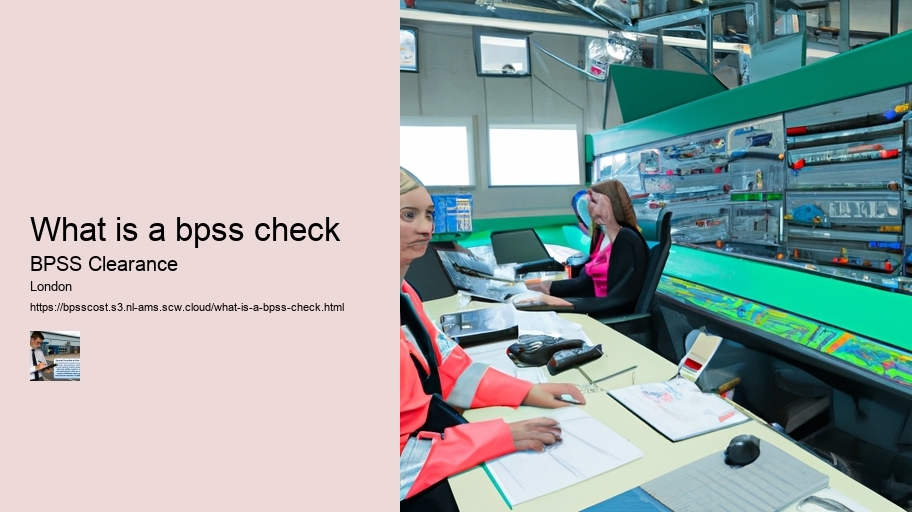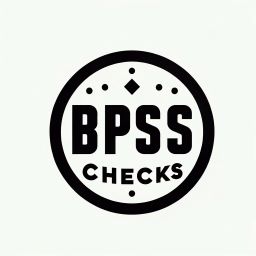
what is a bpss check
>What does the BPSS stand for?
Employers who request BPSS checks must adhere to strict legal and ethical guidelines to ensure the process is conducted fairly and lawfully. One of the foremost rules is compliance with the Data Protection Act 2018, which governs the processing of personal data. This means that all personal information collected during the BPSS process must be handled in a way that is secure, confidential, and limited to purposes explicitly related to the check. Employers must ensure that information is not used discriminatorily and is stored only as long as necessary for security purposes.
IT professionals working with government systems manage secure networks and data that, if compromised, could pose significant risks to national security. BPSS clearance ensures that those tasked with this responsibility are verified to be reliable and trustworthy.
Remember to disclose any significant periods of six months or more spent abroad within the last three years as part of the BPSS clearance procedure. By organizing and presenting these essential documents accurately, you can expedite the verification process and demonstrate your suitability for accessing UK OFFICIAL assets.


